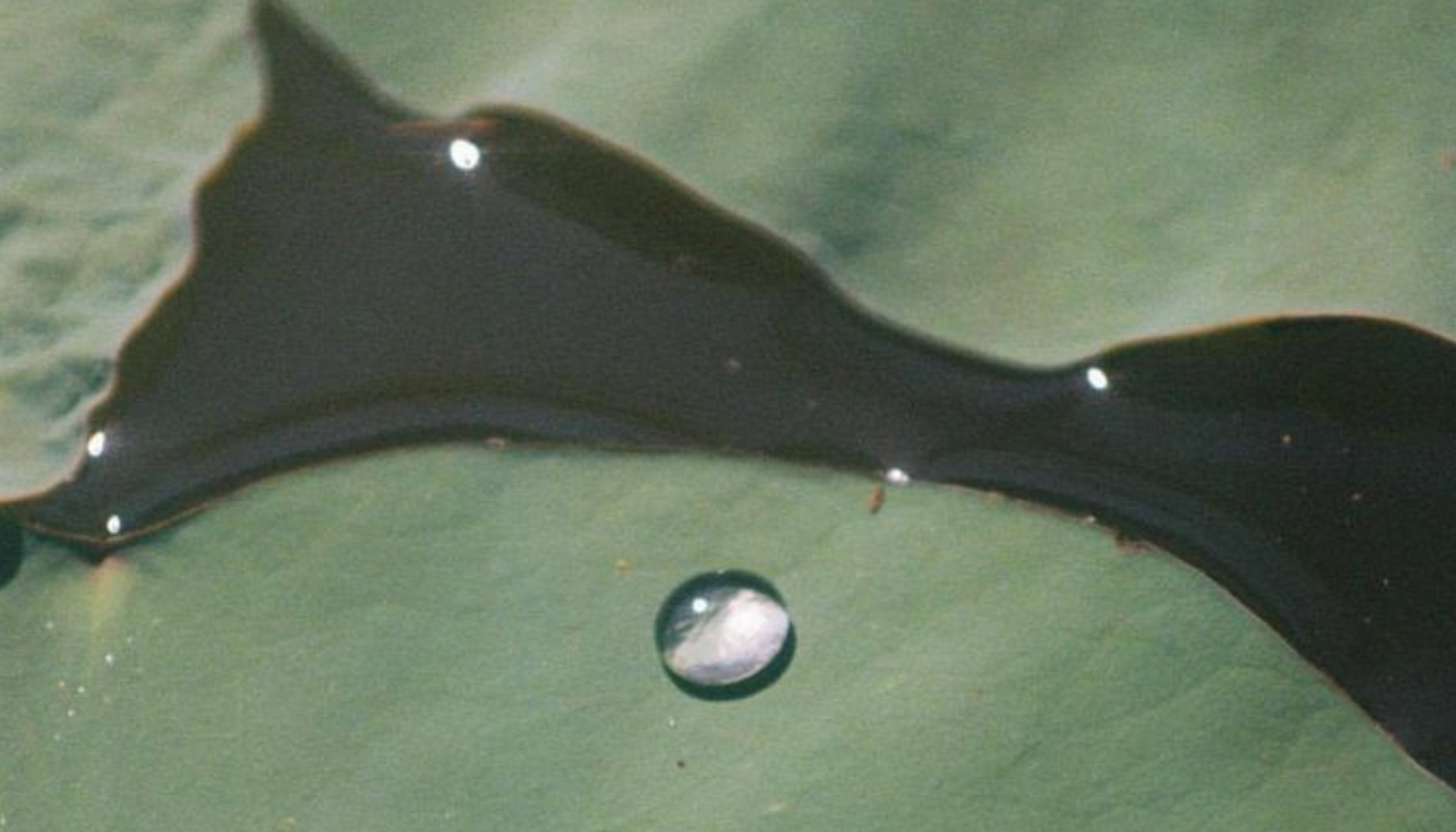
Myth #1: Plant-Based Retinol is an Ideal Skincare Ingredient
Oh, the allure of all-natural skincare!
It's tempting to believe that anything derived from plants is automatically better for us and for the environment. Unfortunately, this is not always the case. For instance, take plant-based retinol. Sure, it might sound like a dream come true: all the age-preserving benefits of retinol without any of the toxic compounds. But the reality is, plant-based retinol is not the answer to all our skincare woes. For one, it's not very stable. Unlike its synthetic counterpart, which can be formulated to remain potent for a much longer period, plant-based retinol can degrade rapidly, rendering it ineffective for long-term use in cosmetics and skincare formulations. Because plant-based retinol is often sourced from plants, it's not exactly sustainable. In order to extract and process beta-carotene from plant sources, significant amounts of water and energy are required. Without the right regulations and processes in place, converting beta-carotene to retinol becomes resource-intensive and may contribute to habitat loss, waste, pollutants, and other environmental concerns.

Myth #2: Glass Skin is for Everyone
Let's talk about the misconception that glass skin equals healthy skin. First of all, let's define what glass skin is.
It's a Korean beauty trend that involves achieving a clear and smooth complexion. It's basically achieving the skin of a perfectly polished glass vase (hence the term "glass skin").
Now, we're not saying that having clear skin is a bad thing, but the idea that glass skin is the only indicator of healthy skin is just not accurate. The truth is that every skin is unique, has its own set of quirks, and comes with its own needs. Your skin could be oily, dry, combination, or sensitive. It could have a rough texture or an uneven tone. And all of these things are perfectly normal and necessary.
Now let's talk about the trend of glass skin. It's no secret that the rise of Korean skincare has taken the world by storm. But here's the thing, achieving glass skin requires constant hydration. And while hydration is a crucial part of any skincare routine, over-hydrating your skin can be just as harmful as under-hydrating it. When you overhydrate your skin, you risk disrupting your skin barrier, leading to acne, dryness, and/or inflammation. And let's not forget that everyone's skin is different and that what works for one person might not work for another. Instead, let's focus on achieving a healthy skin barrier by listening to our skin, treating it with care, and finding a skincare routine that works for your own unique skin needs.

Myth #3: Anyone Can DIY Skincare
Are you guilty of endlessly scrolling on your phone and stumbling upon the latest skincare DIY trends? It's a relatable experience and let’s be honest we've all been there. It's a common misconception that DIY skincare is something anyone can do at home. While it's true that there are plenty of recipes and tutorials out there, it's important to approach this with caution and know what you're getting into. Let's take a moment to chat about a few online trends that could wreak havoc on your skin's barrier.
Sure, there are a ton of recipes out there on the internet, but not everyone has the same skin type or concerns. What may work for one person could be a disaster for someone else. Plus, not all ingredients are created equal. Case in point: using olive oil and sugar as an exfoliating pad. While this may sound like an intuitive solution, sugar has jagged edges that can scratch and irritate the skin, leading to microtears and potential inflammation. And olive oil, while moisturizing, can also clog pores and lead to breakouts. Not exactly the results you were after, right?
Let's talk about Elmer's glue. Yes, you read that right. Some DIY skincare enthusiasts have recommended the benefits of using Elmer's glue as a pore strip. But let's be real, putting glue on your face is never a good idea. Apart from the obvious mess and potential allergic reactions, glue is not formulated to be used on the skin. It can cause irritation and even damage to the skin barrier, which we all know is a big no-no.
And let's not forget about baking soda. While it may work wonders as a cleaning agent, it's definitely not meant for your skin. Baking soda is highly alkaline, and when applied to the skin, it can disrupt the pH balance and strip away natural oils, causing dryness, sensitivity, and even more breakouts. Lastly, let's talk about Afrin. For those not in the know, Afrin is a nasal decongestant. So why would anyone use it on their skin? Well, some have claimed that it can reduce redness and swelling. But using Afrin on the skin can actually have the opposite effect, it's not designed for topical use so it can cause skin irritation and dryness. So, the bottom line is this: be cautious when it comes to DIY skincare. While it can be tempting to try out all those homemade remedies, sometimes it's best to leave it to the professionals. Trust us, your skin will thank you in the long run.
We believe that listening to your skin is not only important but also necessary for maintaining healthy and glowing skin. Getting to know your skin is a journey, like getting to know your BFF’s likes and dislikes, only this time it's your skin who’s talking. Understanding what your skin needs can help you make informed decisions about the products you use so that you can achieve optimal results. On our website, we’ve got an extensive ingredient encyclopedia that can help you make the best-informed decisions when it comes to skincare. Trust us, with the knowledge you get here about the different ingredients in our products, you and your skin will be unstoppable. Because, as the saying goes: “knowledge is power”. So, don't forget to stay informed about your skin needs, make informed decisions, and let us help you achieve your skin goals with our high performing skin essentials. We've got your back - or, in this case, your face. Remember, getting to know your skin is a journey, and we're so pleased to be a part of it!




